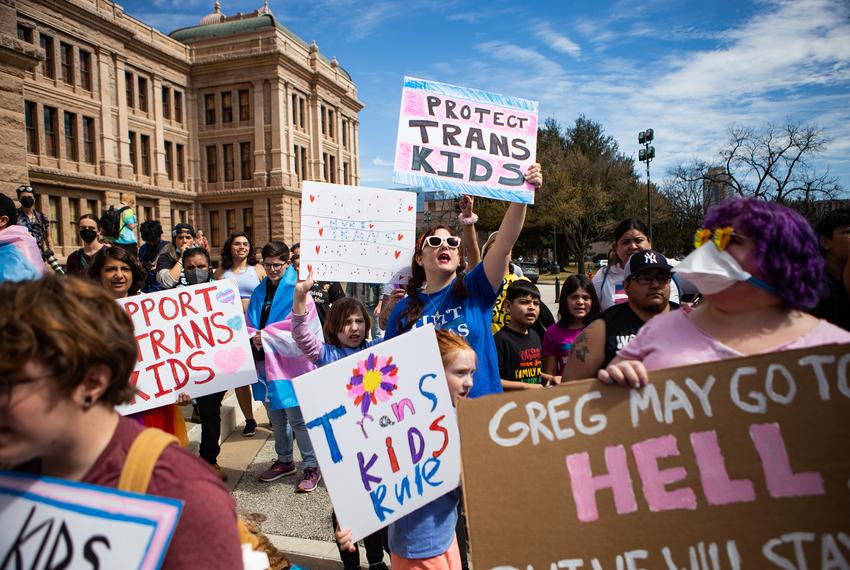Between 2019 and 2023, nearly 14,000 children in the United States underwent sex change treatments, according to newly released data that has reignited concerns about the growing medical interventions on minors. The data, compiled by the medical watchdog group Do No Harm, has raised alarm bells for many critics who believe these life-altering procedures should not be accessible to children.
Do No Harm, which launched the “Stop The Harm” database, has been outspoken in its opposition to sex change procedures for minors. The database, which catalogs sex change treatments performed on minors across various healthcare facilities in the U.S., analyzed insurance claims to assess the number of surgeries and hormone treatments administered. The results are concerning: a staggering 13,994 children were subjected to such procedures over a four-year span. Of these, over 5,500 minors underwent sex change surgeries, and more than 8,500 received hormones and puberty blockers. Additionally, the data revealed that 62,682 prescriptions related to gender transition were written for minors during this period.
The financial impact of these treatments has also been considerable. The database estimates that these procedures cost at least $119.7 million. This number likely understates the total, as it does not include out-of-pocket payments, Veterans Affairs claims, or those under Kaiser Health Plans.
While advocates for transgender rights argue that these treatments are critical for the mental health and well-being of transgender youth, many voices are questioning whether minors should be making such drastic, irreversible decisions about their bodies. The medical interventions, which include puberty blockers, hormone therapy, and surgeries, are often irreversible and carry long-term health risks, including infertility and impaired sexual function.
Critics argue that children, whose brains and bodies are still developing, may not fully understand the gravity of these decisions. Detractors of these procedures assert that minors should not be given access to life-changing treatments that they may later regret. They also point out that the influence of social media and peer pressure could be contributing to a surge in diagnoses of gender dysphoria among young people, which may not always warrant such invasive medical interventions.
“It is deeply troubling that children are undergoing these treatments at such high rates,” said one spokesperson from Do No Harm. “The fact that these decisions are being made for minors, who are not fully capable of understanding the long-term consequences, is simply unethical.”
This new data has sparked renewed calls for legislation to restrict or ban sex change treatments for minors. Several states have already moved to pass laws prohibiting these procedures on individuals under 18, citing concerns about the irreversible nature of the treatments and the need to protect vulnerable youth from making decisions they may come to regret in adulthood.
As this debate continues, many are left questioning whether the medical establishment is moving too quickly in offering life-altering treatments to minors, and whether these children are truly being protected in the name of progress.
